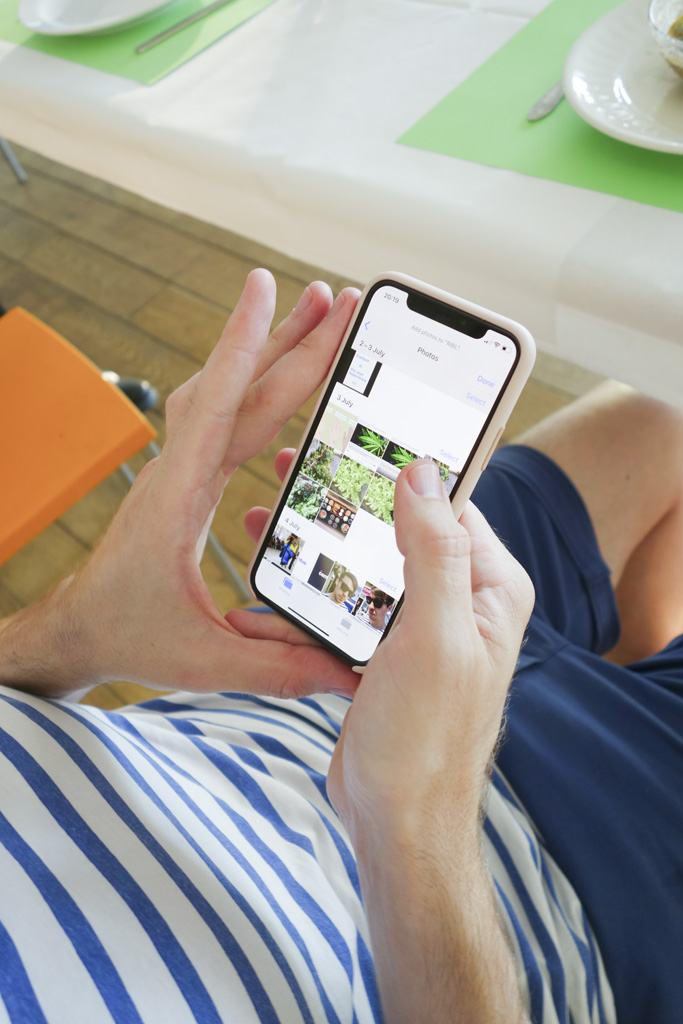RIBL DINNER by Meike Hardt
From which perspective do we build, design, perceive our world? From which perspective do we construct beliefs and norms? All too human? [1] While eating plants we questioned knowledge production and truthmaking which is “all too human”. What can we learn from other-than-human systems? How can we communicate and think ‘with’ plants, and use botanical systems as a point of reference that reflects human beliefs and truthmaking?
Current discourses of other-than-human knowledge and the force of overcoming human exceptionalism are well received in many disciplines. When thinking of notions such as truth and reality in relation to current ecological problems and the accompanying uncertain futures, the objectives of fostering spaces for alternative thought and strategies are necessary. By understanding the world as a web of interdependencies between human and non-human systems, knowledge production is to be understood as a multiple and collective process as well.
In Rosi Braidotti's lecture ‘Posthuman Feminism’ [2], she explains the posthuman as “...a cartographical tool, that allows us to illuminate aspects of the present. It allows any engagement with the present operationalized through strategical reading”. So Braidotti is asking how we access the actual moment and how do we engage with the present we are actually opposed to? Of course, Braidotti’s derivation of these methodologies comes from the humanities and social sciences, and is embedded in a theoretical framework that asks how the condition of knowledge can be situated and shifted. Her thoughts inspired us to think of the dinner as a sort of cartographical tool, a practical experiment to engage with the plant world while eating them, and thereby to shift perspectives.
The dinner worked as a brief performative and experimental collective think tank, where we embodied and discussed the need for pluralistic knowledge production. We discovered our relation to plants while searching for plant pictures on our mobile devices. We discussed the different ways of sensing between humans and non-humans by drawing sketches of how plants perceive humans. We then moved on to investigate ways of including the non-human as an attendant to the dinner by prototyping communication tools. The outcome of this dinner was a combination of well-fed participants, discussions, prototypes and performance, and some dancing and small experiments in the form of sketches,.
[1] We borrow the expression: “All too human“ from of one of Rosi Braidotti´s lecture titles:’ Posthuman, All Too Human’. Lecture given at Durham University as part of the Durham Castle Lectures Series 2016/17.
[2] Rosi Braidotti. Posthuman Feminism. Lecture held at The Institute for Research on Women, Gender and Sexuality at Columbia University, 2017

RIBL MENU
The dinner performance was structured as a menu:
STARTER
Assignment #01 — Relationships to Plants
- Duration: 10 min
This is the starter! Put your phone on the table, open the photo gallery and look for three images that feature plants. Your home grown dahlia, trees in the background, the grass between your toes: they all qualify as pictures of plants!
Now it’s time to assess your relationship to plants.
Upload your images to slack and look at them with the people you are sharing a table with.
RIBL, the Research Institute for Botanical Linguistics, defines three categories of typical human-plant relationships.
- Plants are my relatives and actively part of my life.
- I accept plants but I´m bad with taking care of them.
- I‘m a herbivore, plants are there to be eaten! They serve us!
What are you? Have a good look, how are the plants positioned in your three photos?
As an example:
- Plants on the top left of the image? Category 1.
- Plants positioned in center of image? Category 2.
- Plants positioned in the bottom of the image? Category 3.
- Do you not have any pictures of plants? Category 3.
Pictures that go in all categories? Discuss it with the plants and people around you and see what fits best.
Make groups based on mixed categories.
Assignment #02 — Shifting the Perspective
- Duration: 7 min
You have looked at pictures of plants, now consider the perspective from a plant‘s point of view. What would the picture look like if taken from the plants perspective?
Consider the agency of plants and make a sketch. Discuss your sketch with the group.
MAIN DISH
Assignment #03 Knowledge gathering and prototyping
- Duration: 60 min
The Research Institute or Botanical Linguistics aims to create more understanding towards plants. What does it take to decentralize humans and think ‘with’ plants? What tools are needed to communicate to plants?
Part 1
- Knowledge Gathering
- Duration: 15 min
Research and gather knowledge about plants.
- Look at the plants on the table and do some quick research about the ways they have to communicate What senses do plants have?
- How do plants communicate amongst themselves, with others, or with you?
- It’s not uncommon for plants not to speak to humans, you are free to gather your knowledge in other ways.
Share your findings with the group
Part 2
- Prototyping
- Duration 45 min
- Prototype a tool that let plants ‘speak’.
- Think of how to connect to plants in a speculative and playful way.
- What language or tools are needed? Is there any form of communication with plants that goes beyond human understanding?
- How could plants communicate with humans?
- Try to perform, hack, or visualize ways of communicating with plants.
- Sketch scripts, design letters or signs that will be plant-centric.
There will be materials available for prototyping. You can use the napkins or the paper provided for sketches and notes. Prototypes can be also renderings, codes or digital collages.
You can use the plants that have been harvested for this dinner as an inspiration. Document your outcomes and share it via slack.
DESERT
Presentations
WRAP UP & BEERS
PLANT DANCE
Published in Fake it! Fake them! Fake you! Fake us! Publication in 2019